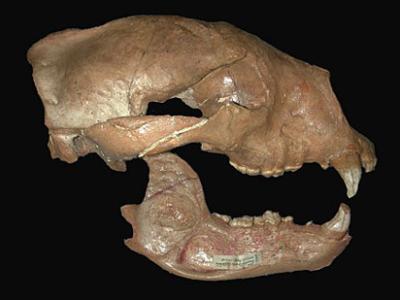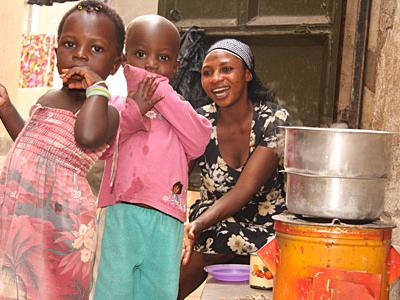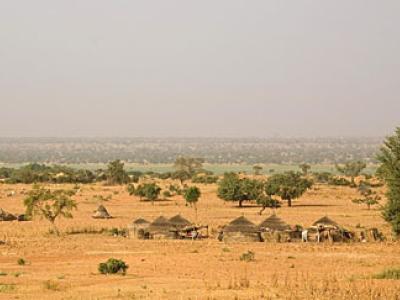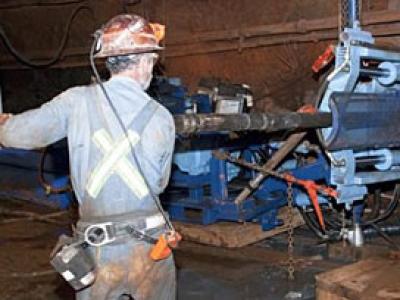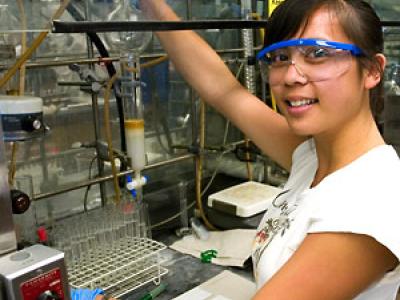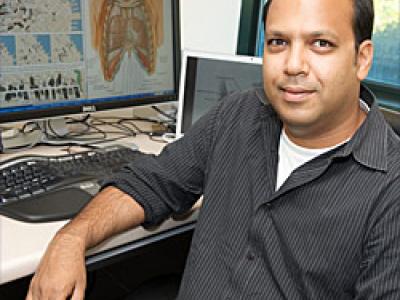Study shows loss of 15-42 percent of mammals in North America
Many biologists warn that the planet's plants and animals are headed toward a mass extinction as a result of human-caused environmental damage, including global warming. A UC Berkeley/Penn State team has now analyzed the status of North American mammals, estimating that they may be one-fifth to one-half the way toward a mass extinction event like the "Big Five" the Earth has seen in the last 450 million years.

